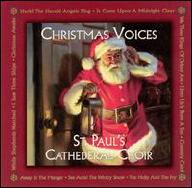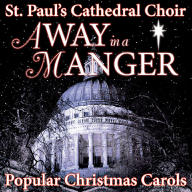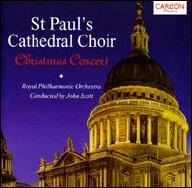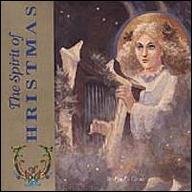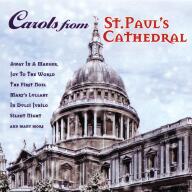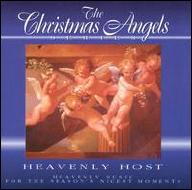For the opening of the new cathedral, on December 2, 1697, John Blow (1694-1708), then Minister of the Choristers, composed the anthem I was glad when they said unto me. Blow was assisted by his pupil Jeremiah Clarke (1670-1707) (known for the Trumpet Voluntary arranged from one of his harpsichord pieces), who was to become the first official organist of the new cathedral. Purcell's Te Deum and Jubilate were also performed, accompanied by Father Smith's new organ.
Change came again in 1860, when the screen on which the organ was housed was removed. This increased the space in which the choir sang, greatly altering the acoustic environment. Nothing was done until 1872, when John Stainer, previously a chorister at the cathedral, was appointed organist, a position better described as "director of music." Stainer enlarged the choir, proposing a group of 40 boys and 18 Vicars Choral to fill the immense space. It was under Stainer that the repertoire of the choir began to grow and the present musical tradition was established.
The primary function of the choir is singing services in the cathedral. Evensong is sung every day, and on Sundays, there are three Choral Services -- Matins, Eucharist, and Evensong. In 1990 John Scott took up the post of organist and director of music, assisted by sub-organist Huw Williams and his assistant, Richard Moorhouse.
Under John Scott's direction, the St. Paul's Cathedral Choir toured throughout Europe, Japan, and North and South America. In 1997, the tercentenary of the opening of the Quire of St. Paul's for worship was honored with a yearlong musical program (planned by John Scott) that included recordings, recitals, galas, orchestral and choral concerts, and a celebratory service in the presence of Her Majesty the Queen. All of this took place in addition to the annual performances of one of J.S. Bach's Passions during Holy Week, Handel's Messiah in Advent, the July orchestral masses, and the daily performance of liturgical music for which the St. Paul's Choir is famous.
The choir's recordings include all 150 psalms of David, recorded over a period of seven years and released on compact disc in 12 volumes. By late 2000, they had produced seven recordings of English anthems and numerous recordings of works by various composers., Rovi


